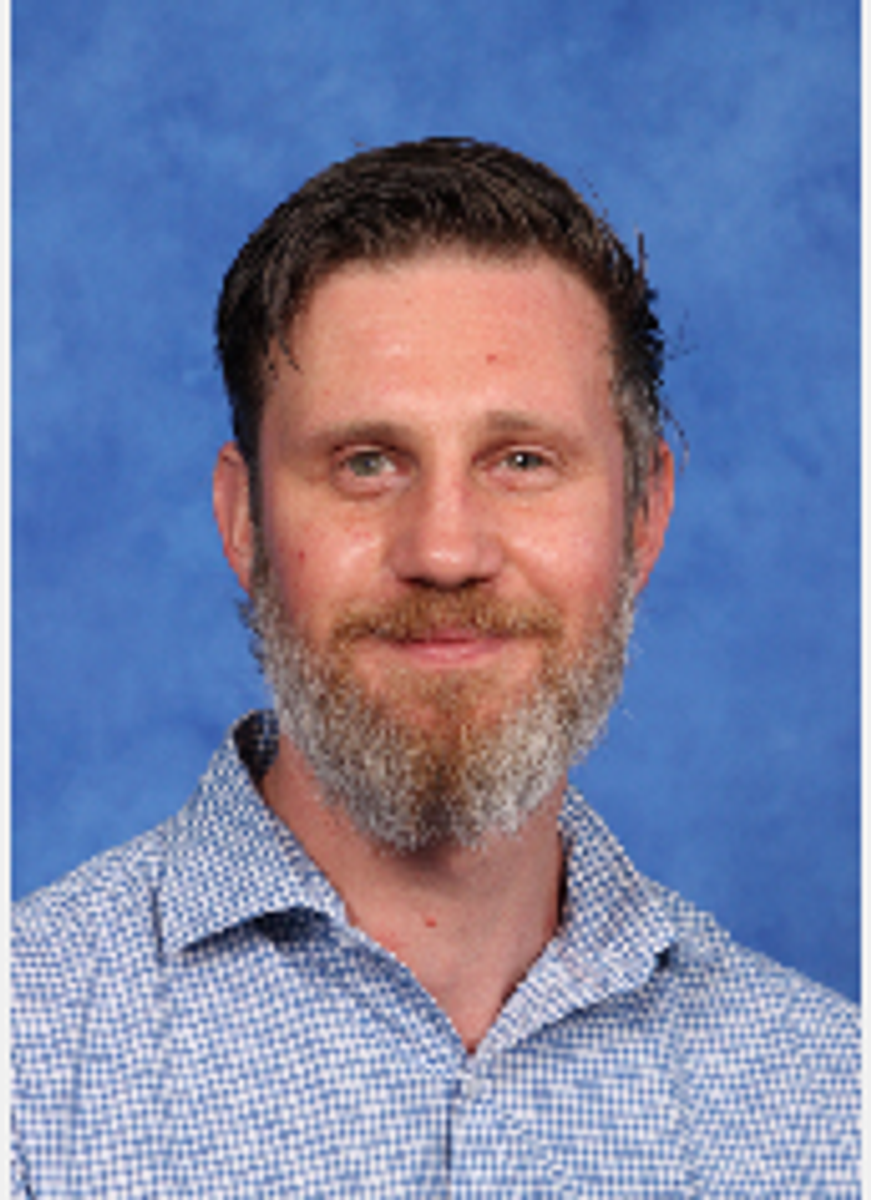Year 7 & 8 Curriculum Development Team
Mr Dion Spoljar - Contemporary Learning Leader

Year 7 & 8 Curriculum Development Team
Mr Dion Spoljar - Contemporary Learning Leader
The work of the Curriculum Development Team (CDT) has been a growing focus of St John’s Regional College in 2020. The team is comprised of a variety of teachers and leaders throughout the College.
The driving objective of this team is to initiate learning program reform at our Year 7 & 8 level.
In line with the College’s Vision for Learning, students are central to the learning experience. This initiative draws on the work of the Centre for Curriculum Redesign (CCR) framework which has numerous national and international partners including the Organisation for Economic Cooperation and Development (OECD), the Australian Curriculum, Assessment and Reporting Authority (ACARA) and the Victorian Department of Education. It is also deeply connected to our development as a Visible Learning school.
The challenges of education in the 21st century are diverse. For instance, digitisation has connected the world in a way we have never seen before but it has also added a greater complexity. Whilst it has given us scope to connect with others from around the world, it has also heightened our responsibility to use this technology wisely and safely, and while we now have access to a plethora of knowledge, it is our capacity to be discerning and critical that allows us to make sense of this information.
It is these very challenges that are establishing a new cornerstone in modern education.
We see a heightened need to consolidate the skills embedded within the Victorian Curriculum through the capabilities: Critical and Creative Thinking, the Ethical Capability, the Intercultural Capability and the Personal and Social Capability.
Quite simply, these explicit areas of study, interwoven and connected throughout our learning landscape, help to explicitly teach our students to think critically, creatively, to collaborate, communicate and develop character, essential for the 21st century.
The CDT has been reviewing literature associated with contemporary practice in education, and this literature has informed a proposed structure for learning at Year 7 & 8. We are looking at learning as connected, within and throughout the curriculum, across all learning areas.
Andreas Schleicher, Director of Education and Skills at the OECD offers some insight about this direction: “The future needs to be integrated. That means emphasising integration of subjects, integration of students and integration of learning contexts; and it needs to be connected – that means connected with real-world contexts, and also permeable to the rich resources in the community.
Instruction in the past was subject-based, instruction in the future will be project-based. The past was hierarchical – students were recipients and teachers the dominant resource; the future is co-created, and that means we need to recognise both students and adults as resources for the co-creation of communities, for the design of learning and for the success of students.”
It is important to emphasise that, underpinning all educational challenges in the evolving social, technological and economic landscapes is the vital importance of essential learning in literacy and numeracy. All learning area reform at St John’s recognises and integrates in its vision and practice these fundamentals in every facet of integrated and visible learning.
The work of the Curriculum Development Team will move into its next stage from Monday, July 20 at the General Staff Meeting (GSM) where all teachers will become a part of this process. I look forward to continuing to feedback the progress of this initiative to our St John’s community.


Mr Dion Spoljar
Contemporary Learning Leader